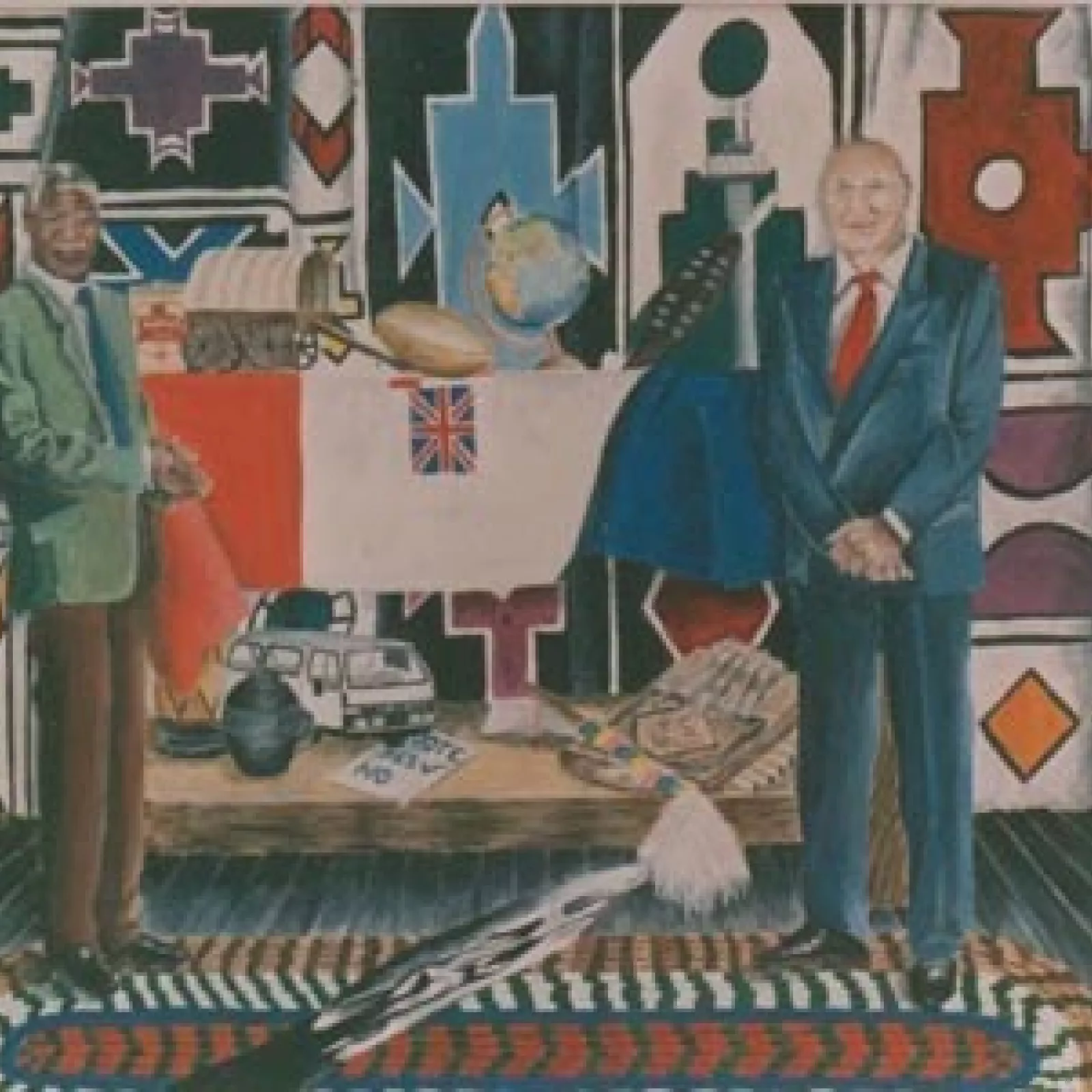South Africa's transition to democracy is threatened by violence
South Africa's transition to democracy is threatened by violence
The transition to full democracy begins its hazardous journey in 1990, culminating in the country’s first fully-democratic election in 1994. The process is marred by violence.
Initially, there is black anger when a whites-only referendum is held in order to gauge white support for reform - nearly 69% of 2.8-million ballots cast are “yes” votes. Later, when the multi-party Convention for a Democratic South Africa (CODESA), which is negotiating a new constitution, becomes deadlocked, the ANC and COSATU call for rolling mass action, and people marching in Boipatong in support are shot at and many killed. There is a backlash from a nascent far right wing, and one consequence of this is the assassination of rising star Chris Hani in 1993. All this, (and much more), threatens to derail the process but Hani’s assassination, in fact, galvanises the ANC and the government to reach consensus that there must be democratic elections in just over a year’s time.
Much rides on Mandela’s approach towards rapprochement.

Painting by matric pupil, Kim Taylor, in 1993